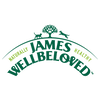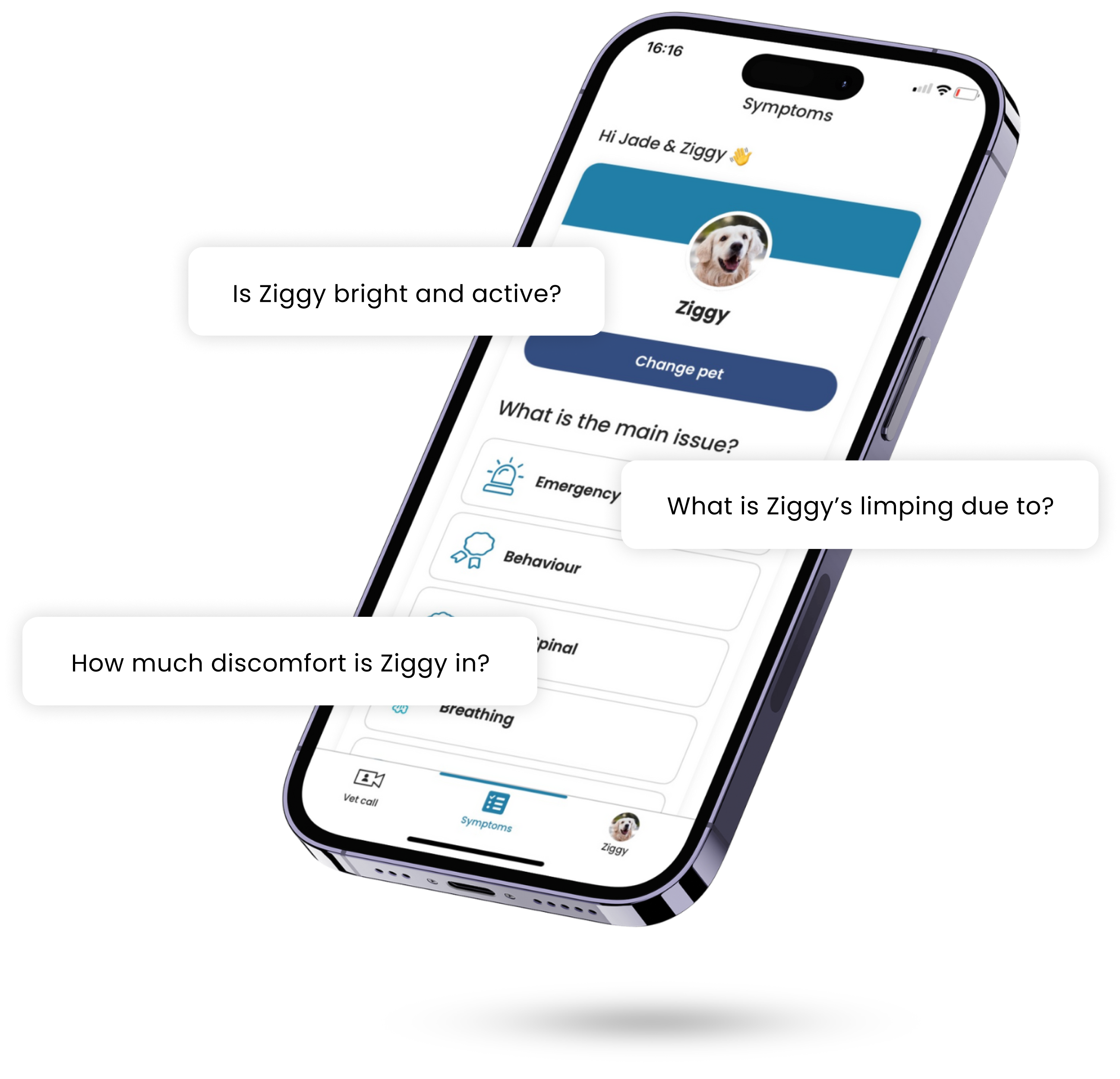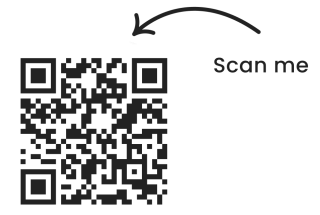Q&A: strange things dogs eat
Why our lovely dogs eat horrid things
What are you eating? What's in your mouth? WHAT IS THAT? Do any of those phrases sound familiar? You're not alone. We talked to vet nurse Abbey about the many weird things dogs (attempt to) eat, and why on earth they do it.
As a dog owner, getting your dog on the right diet can take a lot of time and care. That’s why it can be incredibly frustrating when your dog chooses to eat strange things - we’re talking rocks, plastic, grass, socks and even faeces!
Despite the fact that these nasty nibbling habits can lead to eating of any possessions you have around the home, they can also lead to a very ill dog. When dogs eat things they shouldn’t it can lead to potential parasites, cause poor dental health, and even life-threatening blockages.
Over the years our Joii vets and nurses have removed many weird and wonderful things from dogs. From underwear and engagement rings through to toys, and even a plastic dog bowl, they’ve seen it all. We asked Abbey, one of our talented Joii vet nurses, why our lovely dogs eat horrid things.
Q: Is it a medical condition?
The medical term for your dog eating strange things that aren’t food, is known as ‘pica’. Sometimes Pica can be caused by a behavioural reason such as stress, anxiety or obsessive behaviour. In these cases, your dog will need to work closely with a behaviourist to help reduce the behaviours. Be sure to never punish or shout at your dog for eating things they shouldn’t, as this may increase the behaviour or their stress.
However, Pica can also be caused by underlying medical conditions or deficiencies in nutrients or minerals. Talking to a vet or vet nurse can help to determine the likely cause and how to help.
Q: What should I do if my dog’s eaten something they shouldn’t have?
Our dogs are naturally curious, and at times, very sneaky. They can not be supervised 24/7 which sometimes means accidents happen. If you are sure your dog has eaten something they shouldn’t, you should always contact a vet right away for advice on the most appropriate action. If the item was packaged (washing tablets, cleaning products, etc) make sure you have the packaging handy so the vet can see what was in the item and if it will cause harm.
If the item consumed was potentially toxic for dogs, such as chocolate, grapes or raisins, it is important to know roughly how much was eaten and when. Seeking immediate vet advice in this situation could save your dog’s life.
If your dog has eaten something they shouldn’t, like a rock or a sock, there is the potential for the item to cause a life-threatening gut blockage. Do not try to make your dog sick; instead contact a 24/7 vet through Joii right away for advice.
"It is not good to let your dog eat lots of grass as it can cause blockages in the intestines."
Q: What if I am not sure if my dog has eaten something harmful or not?
If you think your dog has eaten something harmful but are not entirely sure it is best to seek help from a vet nurse or a vet straight away. For example, if you think your dog has gotten hold of some chocolate when you left the room, a vet or vet nurse can help you determine if what has been eaten is an emergency. If your dog has managed to get hold of something without you knowing, you may notice the below symptoms which will require urgent vet advice.
- Vomiting
- Diarrhoea
- Not themselves/lethargic
- Not interested in food
- Can’t keep water down
- Pain - this may show as your dog flinching, yelping or showing aggression if you are near their tummy. They may also stretch out more frequently in the “prayer position” so that their bottom is in the air with their front paws out in front of them.
Never wait and see if the dog will pass something on their own in these cases, especially if they are showing any of the above signs. Getting the correct advice quickly can prevent your dog from becoming very unwell and even prevent a tragic fatality.
Q: Should I worry if my dog is eating grass?
Dogs eating grass is a common occurrence. Sometimes it is as simple as the dog just liking it. In most cases, it is not a cause for concern. That being said, if your dog is vomiting alongside eating grass or showing other signs of tummy upset then it is best to contact a vet.
If your dog is otherwise well but having an occasional grass munch, you should have a look at their diet. Make sure they are on a suitable diet that meets all their needs, including suitable fibre. If you are not sure of this, contacting a veterinary nurse can give you all the nutrition information your dog needs to be healthy and happy.
Other reasons dogs eat grass
It is not good to let your dog eat lots of grass as it can cause blockages in the intestines. If this is a frequent occurrence, it is best to discourage them (but not punish them).
If your dog likes to eat grass, it is very important to make sure they are up to date with their lungworm protection. Lungworm is a parasite that is not visible with the human eye and can be fatal to dogs. Thankfully - it can be easily prevented.
There are over 20,000 slugs and snails in the average UK garden which transmit the lungworm to our dogs through their slime. This slime is often found on grass that our dogs then eat. You can also prevent lungworm by removing toys from the garden when not in use and ensuring they are washed regularly.
Symptoms of lungworm infections include:
- A cough
- Lack of appetite
- Changes in breathing (difficulty breathing)
- Vomiting and/or diarrhoea
- Weight loss
- Not themselves- they may be tired or depressed
- Unexplained or excessive bruising
- Pale gums
- Bleeding (or not stopping bleeding after a cut)
- Less tolerant of exercise.
If you notice any of the above signs, it is best to speak to a Joii vet.
We're here if you need us
If your dog is partial to eating things they shouldn’t, there is a lot that can be done. If you are leaving them alone, be sure to remove all temptation from their path. Your dog may require some training with a dedicated behavioural expert, or perhaps it is a simple fix with a muzzle when they are out and about to keep them safe.
If you think any of the above applies to your dog, our vets and nurses are online on the Joii app today and can discuss your dog's problem with you directly.


























